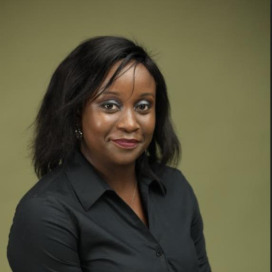
TechHerNG | Executive Director
The vision of an equitable urban future is hindered by persisting poverty, discrimination, violence and exclusion. Inequity in rights and opportunities to live a peaceful, safe and dignified life is perpetuating multiple forms of marginalization, suffered by the homeless, immigrants, ethnic minorities, refugees and persons with disabilities.
To be leaders in transformation, cities require appropriate legislative frameworks supported by competent urban planning and management that are well financed. This dialogue will bring together a diverse group of officials and professionals to shed light on new policies and partnerships that are helping to fulfil the right to affordable housing, and adequate social and health services, and which recognize new frontiers in progressing equity.
Cities that adopt a rights-based approach to human settlements for citizens, investors, and visitors alike can create inclusive, lively, and prosperous societies.
This Dialogue will bring together a diverse milieu of officials and experts to shed light on new policies and partnerships that can help fulfil the right to affordable housing, high quality services and social protection to all and that recognize the new frontiers in progressing social, technological, political, and environmental equity.

TechHerNG | Executive Director
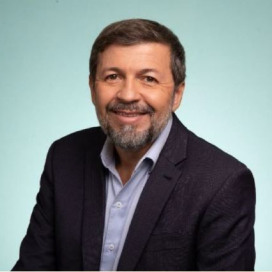
Planning Institute of Fortaleza City Hall | Deputy Mayor and President of Planning Institute of Fortaleza City Hall
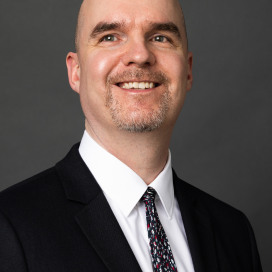
World Blind Union | Chief Executive Officer
London Interdisciplinary School | Associate Professor
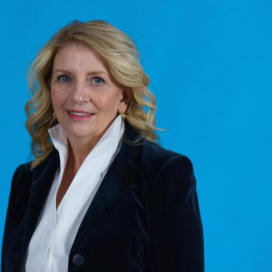
UNICEF | Executive Director
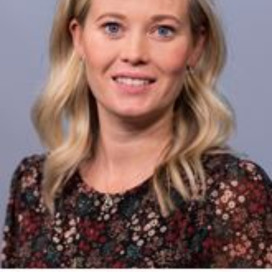
Ministry of Local Government and Regional Development | State Secretary of Local Government and Regional Development, Norway
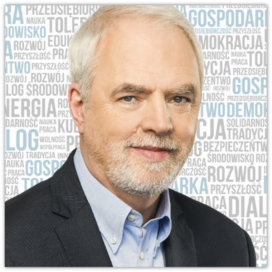
Member of the European Parliament, Government of Poland
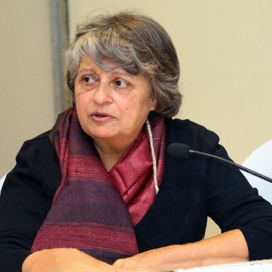
Centre for Urban and Regional Excellence | Director

World Blind Union | Chief Executive Officer
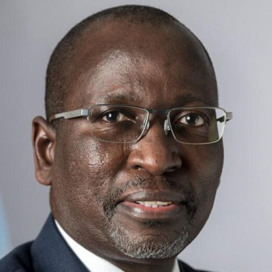
ECOSOC | President
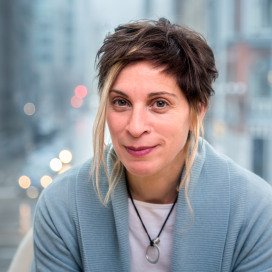
The Shift | Director
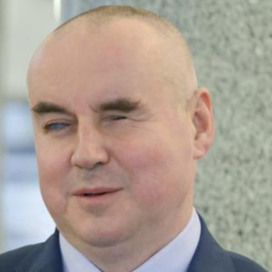
Ministry of Family and Social Policy | Secretary of State